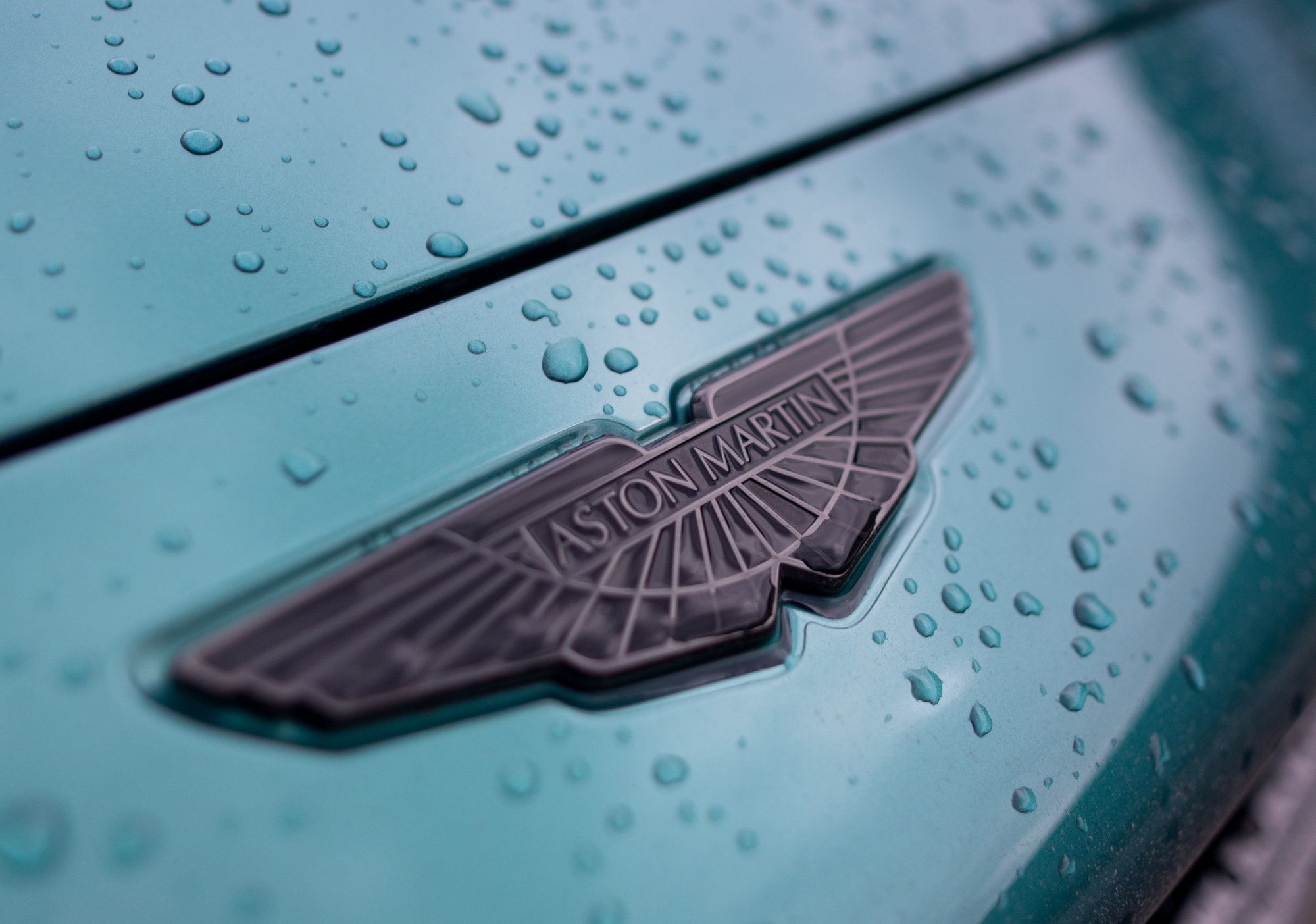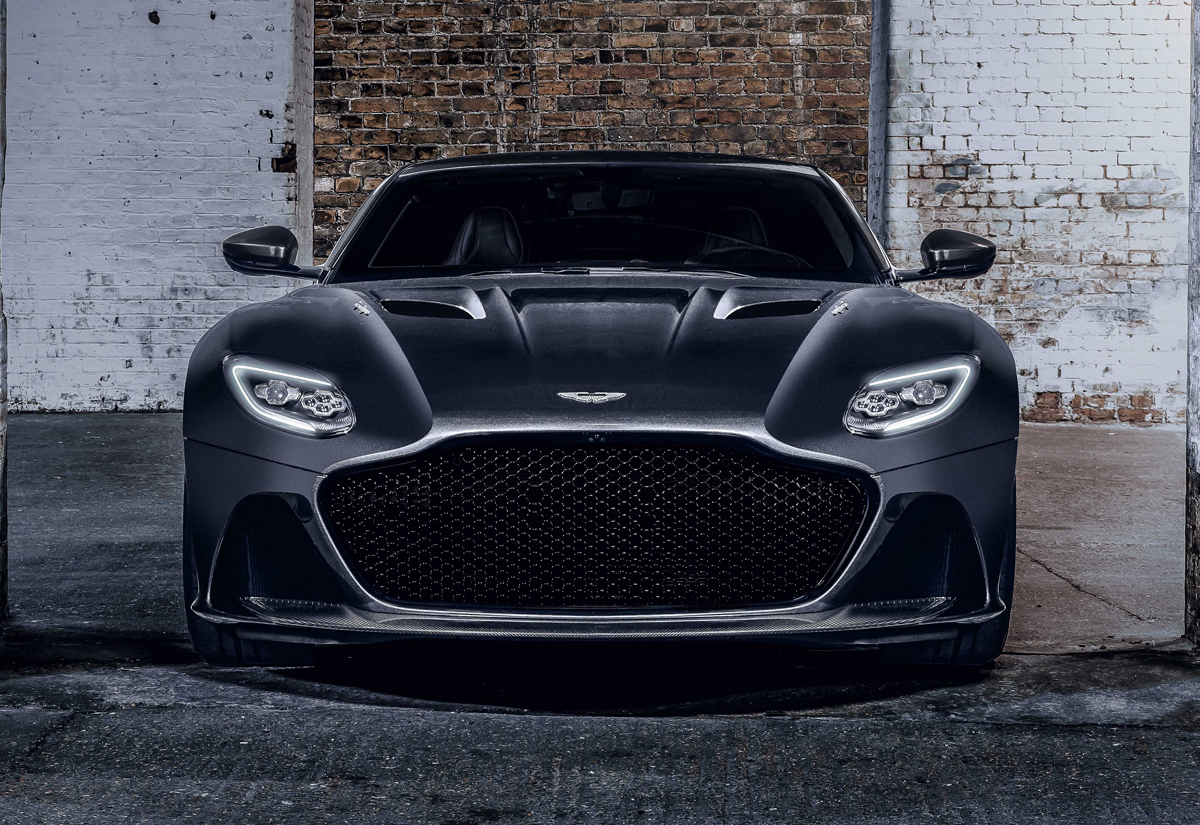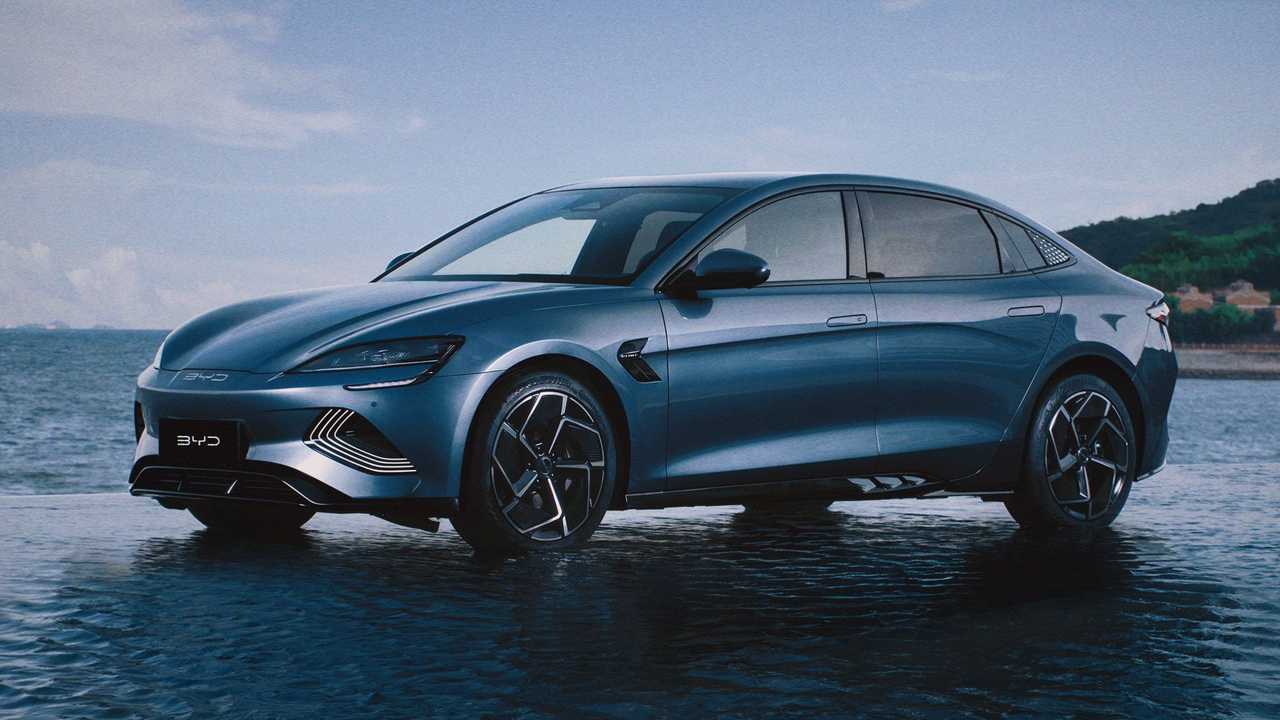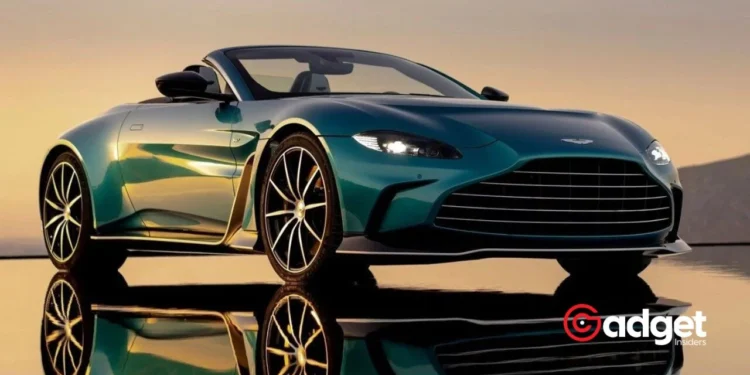In a move that defies the rapid shift toward electric vehicles (EVs), Aston Martin Lagonda, the prestigious British carmaker, has declared its commitment to continue the production of internal combustion engine (ICE) vehicles. This decision aligns with the company’s strategy to cater to a niche market that still values the classic automobile experience, even as it navigates the evolving regulatory and environmental challenges of our times.

Aston Martin’s Emblematic Presence at the Paris Motor Show
At the renowned Paris Motor Show, the presence of Aston Martin was marked by more than just the gleam of its luxurious vehicles. The company, which went public on the London stock market on October 3, 2018, was valued at an impressive £4.3 billion.
Amidst flashing cameras and automotive aficionados, the Aston Martin stand showcased not just its engineering excellence but also its heritage and commitment to luxury.
This comes after the manufacturer delayed the launch of its first-ever EV.https://t.co/RShZj8tKum
— Tech Times (@TechTimes_News) April 12, 2024
Navigating Market Demands and Environmental Standards
Lawrence Stroll, Aston Martin’s chairman, articulated the brand’s perspective in light of the increasing global shift towards EVs, primarily driven by heightened environmental concerns and sustainability goals. “For as long as we’re allowed to make ICE cars, we’ll make them.
I think there will always be demand, even if it’s small,” Stroll stated, underscoring a resilience to maintain production as long as regulations permit. This stance comes at a time when the automotive industry is under significant pressure to reduce carbon emissions and transition towards more sustainable practices.
Despite the inherent challenges, including those related to the production and environmental impact of EV batteries, Aston Martin recognizes the enduring appeal of petrol cars.
The company believes that while the demand for ICE vehicles may diminish, it will not disappear completely, ensuring a segment of the market remains untapped by the surge of electric models.

The Delay in Aston Martin’s Electric Venture
A critical component of Aston Martin’s current strategy includes the delayed launch of its first EV, now postponed to 2026 with deliveries expected the following year. This decision aligns with the UK government’s extended ban on the sale of high-emission petrol and diesel cars, now set to commence in 2035 instead of 2030.
This delay reflects a strategic adaptation to external pressures and an opportunity to enhance their future EV offerings. In anticipation of the eventual phasing out of ICE vehicles, Aston Martin is not turning its back on innovation.
The company is poised to increase its investment in plug-in hybrid technologies, which will serve as a bridge in the transition towards fully electric models. This hybrid approach not only aligns with future regulations but also caters to current consumer preferences that blend performance with reduced environmental impact.

Leadership and Vision for the Future
Amidst these strategic decisions, Aston Martin is also experiencing a pivotal leadership transition. Adrian Hallmark, formerly of Bentley, is set to take the helm as chief executive, bringing a fresh perspective to the brand’s ambitious plans.
His expertise and leadership are expected to drive Aston Martin through these challenging times and into a new era of automotive excellence.
As Aston Martin continues to navigate through the complexities of a shifting automotive market and tighter environmental regulations, its commitment to maintaining a lineup of petrol-powered vehicles positions the brand uniquely in the luxury car segment.
This strategy not only respects the legacy of the brand but also acknowledges a continuing, albeit niche, demand for the grandeur and performance of traditional ICE vehicles in the age of electric mobility.










